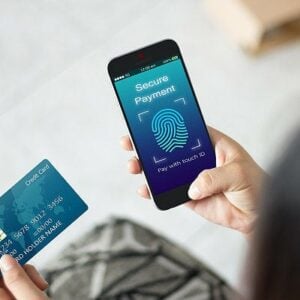
Besides encryptions, when using a VPN, your actual IP address is replaced with a virtual IP address of the server you select. When you access the internet, the web servers and other internet services will only see your virtual IP address and a virtual location. Your real IP address and your actual location won’t be known.
How can you be vulnerable?
Even when using a VPN, you might still find out that your privacy and security isn’t protected at all. Let’s see how you can be vulnerable to online security and privacy threats even when using a VPN;
- Your Device/system is compromised

For instance, if your device has malware or you fell for some phishing scam, cybercriminals can gain access to your data even if you have your VPN on. This is because they already have access to your device and using the strongest VPN encryption won’t help you. In this case, always be cyber-aware, use strong, unique passwords, and update your antivirus/antimalware regularly. Also, avoid bad internet behavior.
- Visiting malicious websites

Once again, unless the VPN has some other capabilities such as blocking malware, avoid visiting unsecured sites and practice good cybersecurity behavior even when using a VPN.
- Weak encryption

Most VPNs offer secure encryptions protocols, but still, there are some weaker protocols such as PPTP. This protocol gives you speed but compromises your security.
To address weak encryptions, always go for VPNs that offer military-grade encryptions such as the AES 256-bit encryption standard, 256-bit OpenVPN encryption, IKEv2, and IPSec. These protocols have strong encryptions and also provide you the needed speed to surf the internet.
- VPN service-related problems
Subscribing to a VPN service means you are placing all your trust in the VPN service to protect you against internet security threats and privacy intrusions. Sometimes it’s not the case especially when the VPN service is not reliable. For instance, if you connect to an unsecured VPN server, your internet traffic will be compromised, and you will no longer be secure and private. It’s even worse if the VPN server keeps logs.
Another VPN service problem would be unreliable connections. If your connection to the VPN server keeps dropping every time and there’s no kill switch, eventually your internet traffic will leak to the open internet and be accessible by prying eyes.



